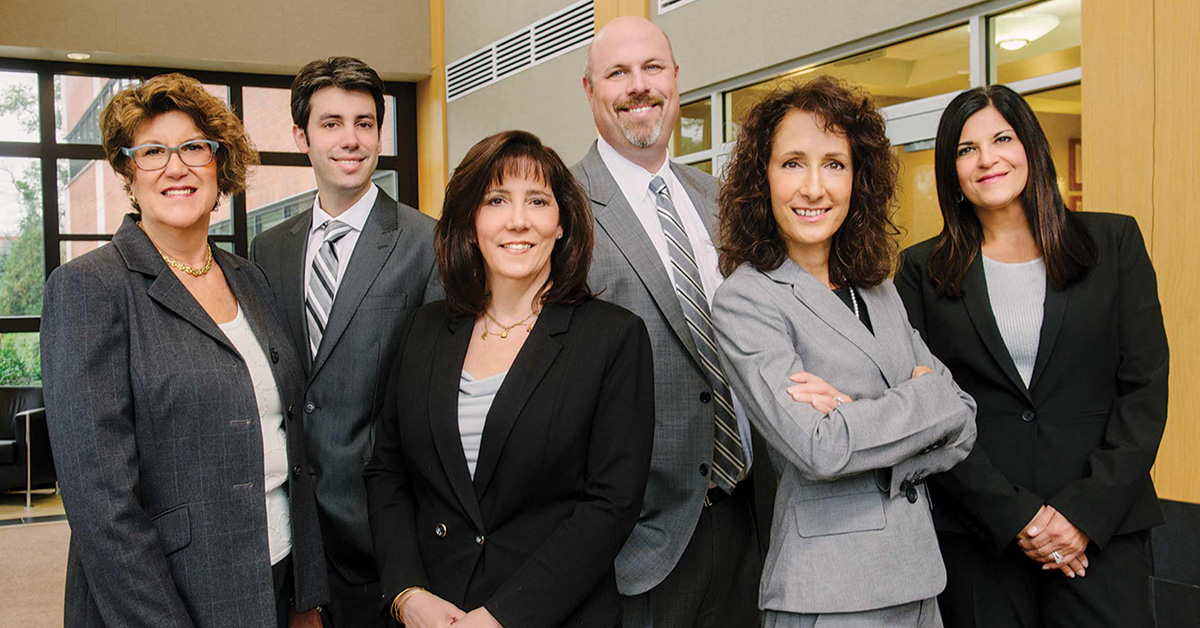Written by Sussan, Greenwald & Wesler
Sussan Greenwald and Wesler together with co-counsel Connell Foley prevailed over Summit Schools in a case that proves that “meaningful education benefit” is a concept that has teeth in New Jersey. On July 27, 2015, in T.O. et al v. Summit City Board of Education, the United States District Court affirmed the July 2, 2012 decision of an Administrative Law Judge (ALJ). The A LJ had held that Summit failed to provide a free, appropriate public education to a child, J.O., who suffered from apraxia of speech and dyspraxia. Jayne M. Wesler, a partner at SGW, tried the case before the ALJ for J.O.’s parents.
The District Court decision of the Hon. Kevin McNulty highlights several principles that should guide IEP teams in understanding the term “meaningful educational benefit.” School districts must cooperate with parents, IEP teams must consider the input of parents ‘ outside experts, and IEP teams must tailor each child’s program for his disabilities.
Experts matter. In T.O. v Summit, the Court upheld the ALJ’s finding that the parents’ private experts were credible. The Court upheld the ALJ’s determination that “Summit did not give careful consideration to the Parents’ and private therapists’ recommendations or allow the Parents a large measure of participation in J.O.’s IEP.”
Cooperation is Key. The Court noted that J.O’s parents had attempted to work cooperatively with the District for a year. The Court cited the ALJ’s finding that “Summit responded to the Parents’ and private therapists’ suggestions only with token gestures intended to placate them.”
Decisions Must Be Based on More than One Measure. The Court upheld the ALJ’s conclusion that the District placed too much reliance on one testing measure, the Battelle, in determining J.O.’s placement. The Court held that the ALJ acted within its discretion in accepting the parents’ expert testimony that the Battelle did not give a “full and rounded view” of J.O.’s abilities and that the test instead assessed J.O.’s disability.
Further, the Court accepted the ALJ’s view that J.O.’s performance in a preschool disabled classroom, where he spent forty-five minutes each day, was persuasive that he could have functioned in a less-restrictive environment that was not ABA-based.
IEPs Must Be Specific. The Court highlighted the importance of goals that are reasonable and achievable. The Court upheld the ALJ’s conclusion that the District’s program was not tailored for J.O.’s disability in that it included goals that were impossible given his disability and other goals that were set too low.
SGW together with Tricia O’Reilly, lead counsel from Connell Foley, LLP, represented J.O.’s parents in this historic victory affirming every child’s right to a free, appropriate public education that provides meaningful educational benefit.


